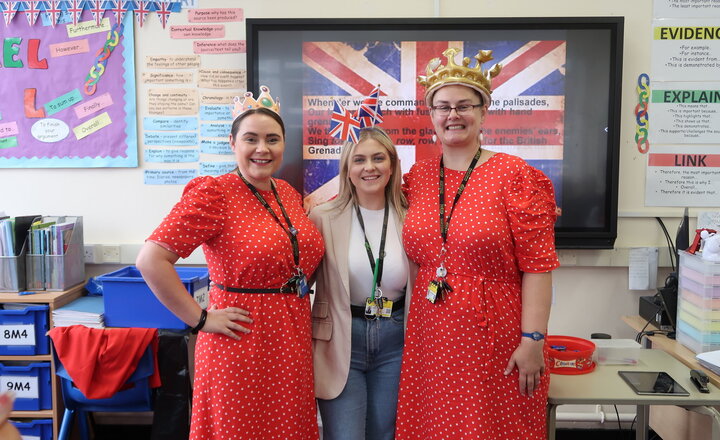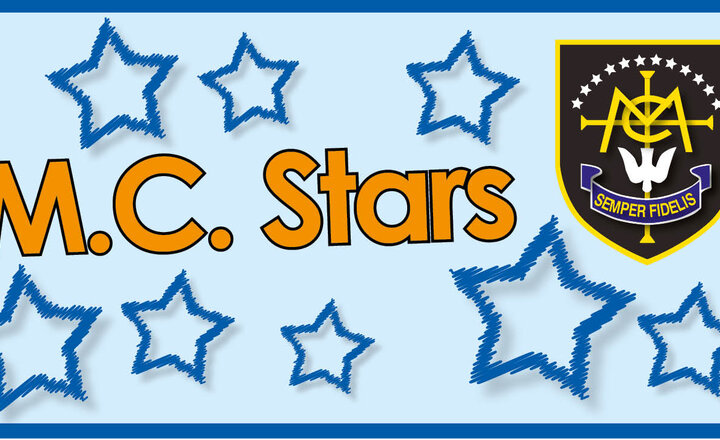“For inquire, please, of bygone ages, and consider what the fathers have searched out. For we are but of yesterday and know nothing, for our days on earth are a shadow. Will they not teach you and tell you and utter words out of their understanding.” Job 8:8-10
Vision
The core rationale of the history department at Mount Carmel is to inspire students to be passionate about history and their place within it and the world. The curriculum is therefore ambitiously constructed to allow all pupils to develop the knowledge and cultural capital to the succeed in life through the clear sequencing of lessons which lead to cumulatively sufficient knowledge and skills.
Through our commitment to quality first teaching and learning students are supported and encouraged to develop historical knowledge, understanding and skills which equip them to examine and appreciate the complexity of the study of history. Our lessons are based on key enquiries into key historical events, turning points and people. Key themes, such as: monarchy, Church, democracy, economy and revolution are compared and contrasted throughout both key stages and historical knowledge is routinely built upon and revisited. Through this we intend to provide students with opportunities to develop the historical skills of inference, utility, significance, interpretation, cause and consequence as well as continuity and change in order to make informed judgements about the past as well as place it within a local, national and global context.
Intent KS3
KS3 curriculum
The history curriculum is ambitiously constructed to allow all pupils the knowledge and cultural capital they need to succeed in life. The curriculum we follow at key stage 3 is sequenced chronologically in order for pupils to achieve the knowledge and skills to make clear progress towards end points. Topics following the national curriculum are carefully selected so all pupils make progress towards cumulatively sufficient knowledge and skills in history. Planning is based upon a consistent skills-based approach which aims to increase and build on key historical concepts throughout key stage three, preparing pupils appropriately for the demands of a challenging key stage 4.
How will the subject be assessed?
At key stage three, assessment is on-going by the means of formative assessment which takes place at natural end points in the learning. This included exit tickets and extended writing tasks. Summative assessments take place four times per academic year and success criteria is used to mark these.
Intent KS4
KS4 curriculum
At key stage 4 all pupils follow Edexcel GCSE history GCSE. A scheme of learning has been developed to ensure that all skills and subject knowledge from key stage 3 is built upon so that pupils are prepared appropriately, covering all the subject content in a logical sequence fulfilling the assessment objectives:
- AO1- Demonstrate knowledge and understanding of the key features and characteristics of the periods studied.
- AO2 - Explain and analyse historical events and periods studied using secondorder1 historical concepts.
- AO3 - Analyse, evaluate and use sources (contemporary to the period) to make substantiated judgements, in the context of historical events studied.
- AO4 - Analyse, evaluate and make substantiated judgements about interpretations (including how and why interpretations may differ) in the context of historical events studied.
How will the subject be assessed?
At key stage 4, informal assessment is on-going by the means of continual formative assessment which takes place in lessons. Summative assessment takes the form of end of key topic tests which includes a knowledge section as well as GCSE questions, which are then used formatively. Pupils sit three internal assessments in formal conditions (PPEs) and these are used to inform additional learning support strategies.
Formal assessment at the end of the course is through the Edexcel examination board.
Enrichment and / or extra curricular activities
Year 7: Skipton Castle Trip
Year 8: Saltaire/ Quarry Bank
Year 9: Imperial War Museum
Year 10: Leeds Armouries
KS3: London trip
Next steps (College, University, career)
What can the subject prepare me for?
- Non-routine problem solving – expert thinking, metacognition, creativity.
- Systems thinking – decision making and reasoning.
- Critical thinking – definitions of critical thinking are broad and usually involve general cognitive skills such as analysing, synthesising and reasoning skills.
- ICT literacy – access, manage, integrate, evaluate, construct and communicate
- Communication – active listening, oral communication, written communication, assertive communication and non-verbal communication.
- Relationship-building skills – teamwork, trust, intercultural sensitivity, service orientation, self-presentation, social influence, conflict resolution and negotiation.
- Collaborative problem solving – establishing and maintaining shared understanding, taking appropriate action, establishing and maintaining team organisation.
- Adaptability – ability and willingness to cope with the uncertain, handling work stress, adapting to different personalities, communication styles and cultures, and physical adaptability to various indoor and outdoor work environments.
- Self-management and self-development – ability to work remotely in virtual teams, work autonomously, be self-motivating and self-monitoring, willing and able to acquire new information and skills related to work. Transferable skills enable young people to face the demands of further and higher education, as well as the demands of the workplace, and are important in the teaching and learning of this qualification. We will provide teaching and learning materials, developed with stakeholders, to support our qualifications.
Additional resources:
Revision flashcards and games (Ask your teacher how to join your class) www.quizlet.com
Online subject specific courses for Key Stage 3 and 4 https://senecalearning.com/en-GB/
Support with revision and homework https://www.bbc.co.uk/bitesize
Edexcel History Specification
Other useful course materials on the Pearson website
Related News

Platinum Jubilee fun
